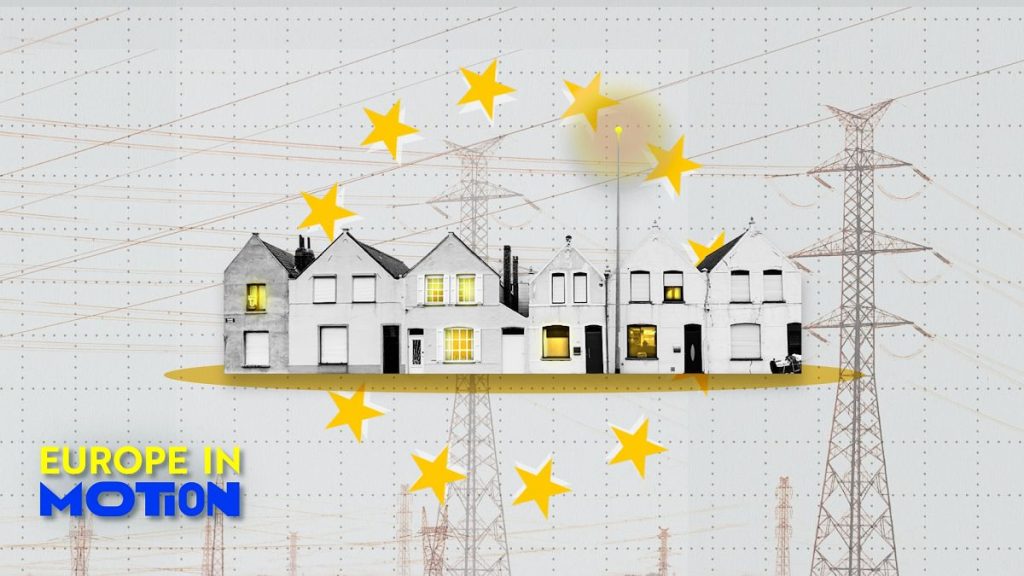In the EU, over a quarter of the population lived in homes where energy efficiency had improved in the past five years, according to a Eurostat report. However, there were disparities in the distribution of these improvements, with those at risk of poverty or social exclusion less likely to experience energy efficiency upgrades compared to those not at risk. Data showed that 17.8% of people living in poverty reported living in homes with improved energy efficiency, while Estonia, the Netherlands, and Lithuania led the way in improvements for vulnerable populations. On the other hand, Cyprus, Malta, and Italy had the lowest rates of energy efficiency improvements for at-risk populations.
According to Iberdrola, a Spanish multinational electric utility company, refrigerators, televisions, and washing machines are the household appliances that consume the most energy. To enhance energy performance in homes, it is recommended to upgrade thermal insulation in external walls, roofs, and floors. Replacing single-glazed windows with double or triple-glazed units and installing more efficient heating systems can also improve energy efficiency in European homes. These measures can not only help reduce energy consumption and lower bills but also contribute to environmental sustainability by decreasing greenhouse gas emissions.
The disparities in access to energy efficiency improvements highlight the need for targeted interventions to ensure that vulnerable populations can benefit from upgrades in their homes. Governments and organizations can implement policies and programs aimed at providing assistance and resources to low-income households to improve energy efficiency. By addressing the specific needs of at-risk populations, such as access to financial incentives, technical support, and affordable energy-efficient appliances, policymakers can help reduce energy poverty and promote a more equitable distribution of benefits from energy efficiency measures.
Efforts to improve energy efficiency in homes play a crucial role in achieving the EU’s climate and energy targets, as well as in addressing social inequalities and reducing energy poverty. By investing in energy efficiency upgrades, countries can contribute to the transition towards a more sustainable and low-carbon future while also improving the living conditions of vulnerable populations. In addition to reducing energy consumption and environmental impact, energy efficiency measures can also lead to cost savings for households, increase comfort levels, and enhance the overall quality of life for residents.
As the EU continues to prioritize energy efficiency and sustainable development, it is essential to ensure that all citizens have equal access to improvements in their homes. By implementing targeted measures to assist vulnerable populations in upgrading their energy efficiency, policymakers can address social inequalities, reduce energy poverty, and contribute to a more sustainable and inclusive society. Through a combination of policies, programs, and investments, countries can work towards a future where all citizens can benefit from improved energy performance in their homes, leading to a more resilient, equitable, and environmentally friendly society for all.













